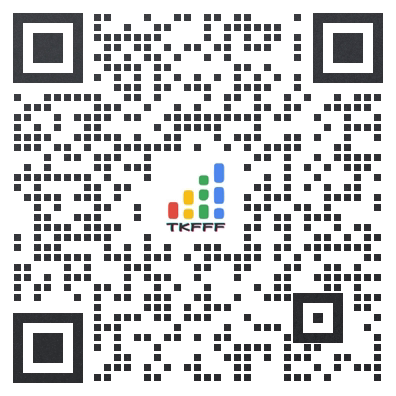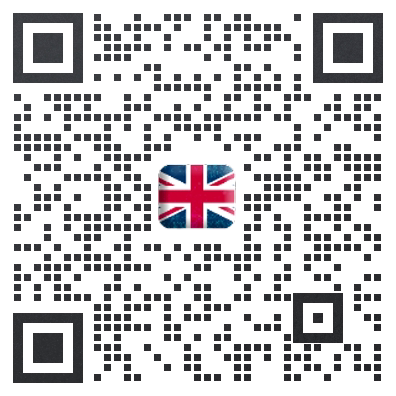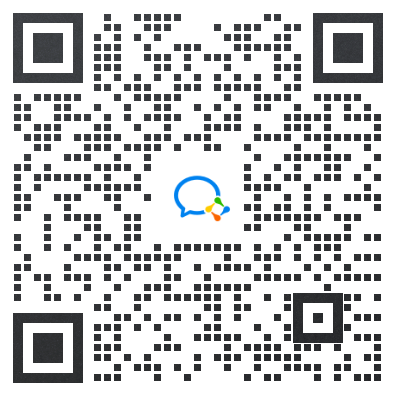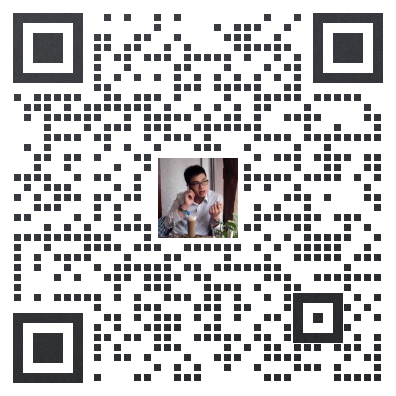
The TikTok app is seen on a phone. Philippine regulators say outlawing the app would be a last resort. Photo: AFP
Lawmaker Bienvenido Abante filed a bill last week in the House of Representatives to prohibit “foreign adversary controlled” applications, naming TikTok as an example.
Abante claimed TikTok “can easily transmit data harvested from its users to the Chinese government”.
He said the proposed measure was aimed at preventing “foreign adversary countries infiltrating our communication infrastructure and making a mockery of our cybersecurity and intelligence”.
But the Department of Information and Communications Technology said it was in favour of monitoring and regulating online shopping sites and messaging apps.
“We are in support of regulation of OTTs [over-the-top messaging] and social media platforms specially in their following of our rules on privacy, our rules on cybersecurity, our rules on computer security,” Jeffrey Ian Dy, the agency’s undersecretary, said on Monday.

People walk past a ByteDance office in Beijing earlier this month. TikTok, owned by Beijing-based ByteDance , has come under increasing scrutiny over security concerns. Photo: EPA-EFE
TikTok, owned by Beijing-based ByteDance, has come under increasing scrutiny over security concerns.
Several countries including Britain, Canada, Australia and France have banned the app on government-issued phones.
US President Joe Biden last month signed into law a bill requiring ByteDance to divest TikTok’s American operations in 270 days or face a ban on the app.
Dy, however, said outlawing an app would be a last option in extreme cases and applicable to all platforms, not just TikTok.
“Of course if you regulate them and they do not follow you, then the next step or the maximum step is to ban,” he said.

Filipino teens use a smartphone at a convenience store. Philippine regulators have pledged to monitor social media and messaging apps to rein in scams, misinformation, data leaks and misuse. Photo: Shutterstock
He also underscored the need for regulation of social media and messaging apps to rein in scams and misinformation.
In 2022, the Philippines implemented a SIM card registration law to curb text-based spam and phishing messages, but the rule apparently failed to yield the desired results as dozens of phone cards were seized during a raid on an online gaming company in March.
“Somebody has to act as a controller. Acting on behalf of the welfare of the public. That could be government through regulation,” Dy said.
Dy said streamlining digital defence was a priority and more than 200 government agencies would be linked to the national cybersecurity operations centre to effectively combat threats.
文章来源:scmp


TKFFF公众号
扫码关注领【TK运营地图】

TKFFF合作,请扫码联系!







 闽公网安备35021102002035号
闽公网安备35021102002035号